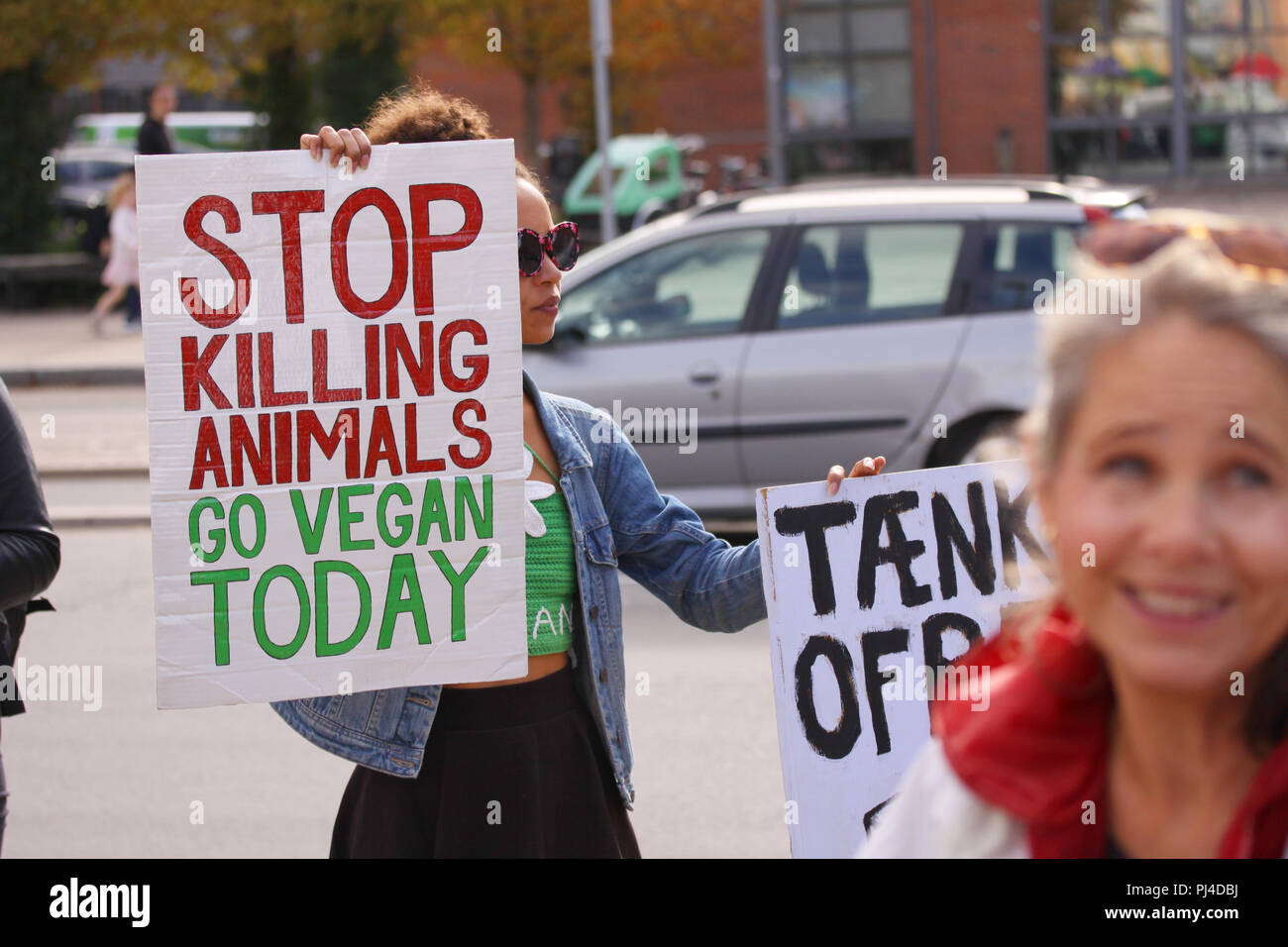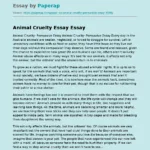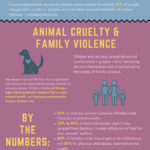An inquiry into the moral landscape of animal welfare often provokes a conundrum: Can meat-eaters genuinely advocate against animal cruelty? This inquiry transcends the superficial layers of dietary choices, delving deep into the philosophical and ethical paradigms surrounding animal rights, human consumption, and activism. This article seeks to explore this complex relationship by scrutinizing the attitudes, justifications, and potential pathways for change among those who consume meat.
At the crux of this discussion lies the concept of cognitive dissonance. Cognitive dissonance refers to the mental discomfort experienced when one’s beliefs clash with actions. For many meat-eaters who align with animal welfare values, this dissonance becomes palpable. They may relish their dietary preferences while concurrently espousing the need for humane treatment of animals. Such dichotomy raises important questions about the authenticity and efficacy of their advocacy. Are they merely paying lip service to a cause while indulging in practices deemed hypocritical by more stringent proponents of animal rights?
To dissect this topic, one must first explore the myriad rationalizations employed by meat-eaters who oppose animal cruelty. Common justifications often include the belief in ethical consumption, where individuals seek out meat that is sourced from humane and sustainable farms. This commitment includes advocating for organic, free-range, or pasture-raised animals as a means of minimizing suffering. Yet, an analysis of the systemic issues within industrial agriculture reveals that these practices may only marginally mitigate animal suffering—if at all. Understanding the stakes involved in such distinctions is crucial for any meaningful dialogue regarding animal welfare.
On the other side of the spectrum lies the moral argument grounded in speciesism—the belief that one species is superior to others and thus entitled to exploit them. This ingrained belief system often perpetuates the idea that consuming animal products is a natural right for humans. Meat-eaters who oppose animal cruelty may argue that they draw the line at cruel treatment, separating their dietary habits from their moral stance. However, this selective morality poses a significant philosophical quandary. If one opposes cruelty, can they ethically support an industry predicated on the commodification and exploitation of sentient beings?
While cognitive dissonance and rationalization provide insight into the mental gymnastics of meat-eaters claiming to stand against animal cruelty, it is imperative also to consider the potential for transformative practice within their advocacy. Acknowledging the trauma inflicted upon animals in various industries, some advocates take steps to promote responsible consumption habits, support local farmers, or fund organizations dedicated to improving animal welfare standards. This progressive approach aligns with a growing movement encouraging transparency in food sourcing and the ethical implications of animal agricultural practices.
Additionally, the role of education cannot be overstated in fostering a responsible dialogue around meat consumption and animal welfare. Meat-eaters who actively engage with literature, documentaries, and discussions surrounding animal rights can cultivate a more nuanced understanding of the issues at play. Knowledge equips individuals to make informed choices—and perhaps, reassess their diets more critically. Education effectively empowers advocates to challenge systemic norms within the food industry, thereby motivating a broader spectrum of individuals to join the cause.
Transitioning from advocacy to action involves finding common ground. By cultivating communities around shared interests in animal welfare, regardless of dietary preferences, meat-eaters can contribute positively without fully eliminating their consumption of animal products. Collaborative efforts can lead to greater outreach, increased awareness, and, ultimately, shifts in consumer demand. Furthermore, engaging with non-profit organizations that promote animal rights can bridge the gap between ethical considerations and practical involvement, revealing that advocacy need not be an all-or-nothing proposition.
However, the conversation surrounding meat consumption is increasingly politicized, evoking strong emotions and polarized opinions. Acknowledging this landscape means understanding that the path to true advocacy is rife with challenges. The approach taken by a meat-eater who supports animal welfare can evoke skepticism from staunch vegans and vegetarians, who may perceive their efforts as inadequate compared to their own ethical stances. To navigate these tensions, it becomes essential to maintain respect and compassion in discourse. Emphasis on unity in the desire to alleviate suffering, rather than division based on dietary choices, can catalyze a more robust movement for animal welfare.
Furthermore, the environmental implications of meat consumption cannot be neglected in this discourse. The intersectionality between animal welfare and environmental sustainability offers a compelling avenue for advocacy. Consuming ethically sourced meat can coexist with an environmental conscious lifestyle, providing an entry point for those hesitant about fully embracing a plant-based diet. By emphasizing sustainable practices—and the ethical implications therein—meat-eaters can stand firmly against animal cruelty while making choices that align with a broader ethical framework.
Ultimately, the question persists: Can meat-eaters still stand against animal cruelty? The answer, nuanced and complex, hails from a journey of exploration, understanding, and active engagement. It requires introspection and a commitment to evolving one’s beliefs in alignment with actions. By examining rationalizations, supporting ethical practices, fostering education, and building a sense of community, meat-eaters can indeed advocate for animal welfare. True progress stems from recognition that while dietary choices are personal, the fight against cruelty to animals must transcend individual plates and extend into a collaborative movement for change.










